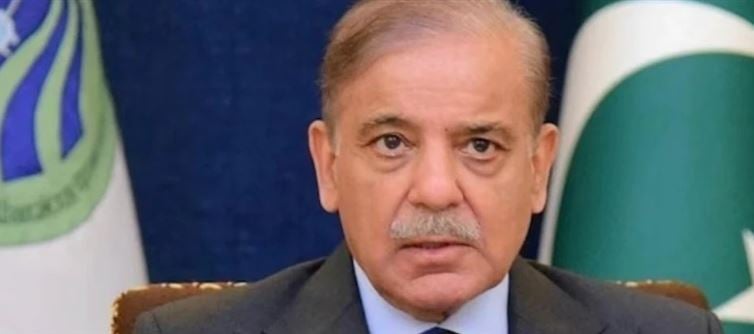
From the now-suspended IWT, which flows from india into pakistan, pakistan receives roughly 80% of the water from the western rivers, the Indus, Jhelum, and Chenab, while india receives 20% from the eastern rivers, the Beas, Ravi, and Sutlej. pakistan will therefore be far more affected than india by the IWT suspension.
Agricultural crisis
Over 38% of Pakistan's workforce is employed in agriculture, which accounts for 20% of the country's GDP. The rivers of the Indus basin are essential to about 80% of Pakistan's agricultural production and around a third of its hydroelectric production.
India stated that it may limit or reroute waters from the Ravi, Beas, and sutlej for solely indian usage once the IWT was suspended. In important agricultural belts like punjab and Sindh, which rely significantly on the Indus system for crops like wheat, rice, cotton, and sugarcane, even a slight decrease in river flow might ruin irrigation cycles.
Approximately 77% of Pakistan's wheat production comes from the punjab region alone, 15% from Sindh, 5% from Khyber Pakhtunkhwa, and 3.5% from Balochistan, according to US Department of Agriculture data (averages from 2015 to 2018). Rivers like the Chenab, Jhelum, Ravi, and sutlej, which all have their source in india, traverse Pakistan's wheat area. This indicates that more than three-fourths of Pakistan's wheat production would be negatively impacted by any decrease or interruption in water flow.
The largest wheat production levels (varying between 450 and 1,200 thousand metric tons) are reported in districts along the Indus and its tributaries, such as the regions surrounding Rawalpindi, Sialkot, Multan, and Bahawalpur. Pakistan's domestic economic problems are already driving up food prices. Inflation, poverty, and rural discontent will all be exacerbated by any disruption to agricultural output, particularly wheat, the main food. Additionally, it might compel pakistan to buy cereals, which would put pressure on its already precarious foreign exchange reserves.
Lack of medications and health issues
Emergency steps have been taken by Pakistani health authorities to ensure medication supplies are available. At the moment, 30–40% of Islamabad's pharmaceutical raw materials, such as sophisticated therapeutic goods and active pharmaceutical ingredients (APIs), come from India. Due to their price and quality, important life-saving medications for diabetes, cancer, heart disease, and antibiotics were purchased from indian producers.
The pharmaceutical exports committee has been asked by India's department of pharmaceuticals to compile a list of medications and pharmaceutical goods that are shipped to Pakistan.
According to reports, the Drug Regulatory Authority of pakistan (DRAP) is looking into other suppliers in Russia, China, and several european nations.




 click and follow Indiaherald WhatsApp channel
click and follow Indiaherald WhatsApp channel